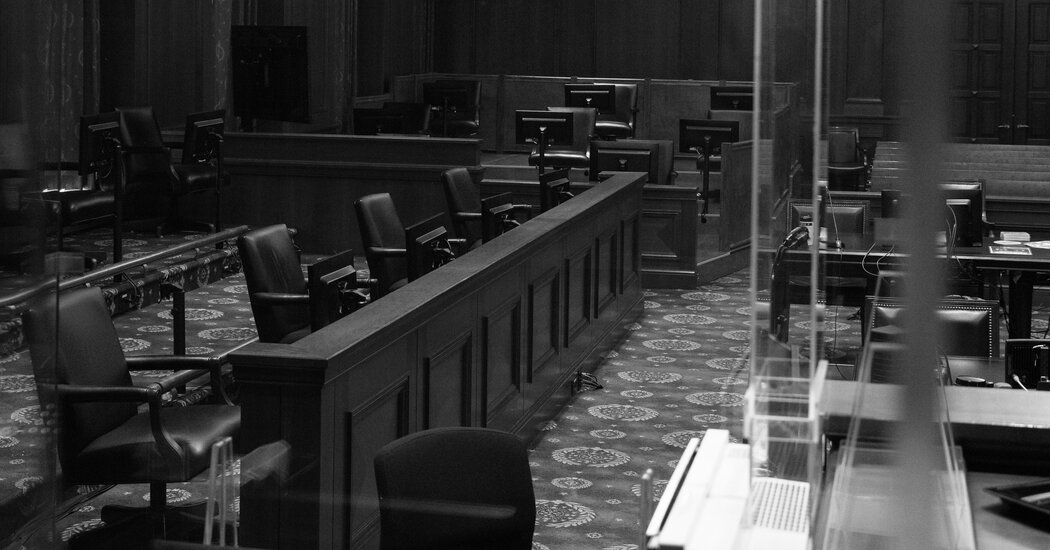I’m still sorting through the Supreme Court’s immunity ruling, and while it’s way too early for a definitive interpretation (scholars will be arguing about it for years), it’s not too early for three broad conclusions.
First, and most important, the Supreme Court granted a dangerous amount of discretion to presidents. The court might say that presidents aren’t above the law, but in reality, it established an extraordinarily broad zone of absolute immunity for presidents (one broad enough, as Justice Sonia Sotomayor notes in a dissent, to potentially protect presidents from prosecution for bribes and assassinations) and a tough test for prosecuting those acts that aren’t immune.
In the majority opinion, Chief Justice John Roberts wrote that the president must be immune from prosecution for an official act unless the government can show that applying a criminal prohibition to that act would pose no “dangers of intrusion on the authority and functions of the executive branch.” This is a high bar to clear.
To understand the most dangerous potential implications of this action, consider that a president has the extraordinary authority to order troops into American streets under the Insurrection Act. Then, once deployed, those troops would be under the command of a person who would almost certainly enjoy absolute immunity for the orders he gives them.
Second, forget any thought that the special counsel Jack Smith can try Donald Trump before the election. The Supreme Court remanded the case to the lower courts for additional proceedings to determine whether Trump can be prosecuted for any of his official acts during the scheme to overturn the election. It’s hard to imagine any scenario where the remaining legal questions can be resolved before November.
Third, Trump is still in grave legal jeopardy — but only if he loses the election. Even if Trump is ultimately held to be immune for all his official acts, he still can be prosecuted for private acts. During oral arguments, Trump’s counsel admitted that several of Trump’s criminal acts were private and not in furtherance of his official duties.
It was a private act when Trump “turned to a private attorney who was willing to spread knowingly false claims of election fraud to spearhead his challenges to the election results.” It was also a private act when Trump “conspired with another private attorney who caused the filing in court of a verification signed by Petitioner that contained false allegations to support a challenge.”
This means Smith still has a case against Trump — unless Trump wins the election. Then he could use his power over the Department of Justice to end the case against him, and potentially even pardon himself from both the Jan. 6 prosecution and the classified documents prosecution in Florida.
The bottom line is clear: Trump’s fate (and potentially even the rule of law) is entirely in the hands of the American people. They alone will decide if he can be held accountable.




